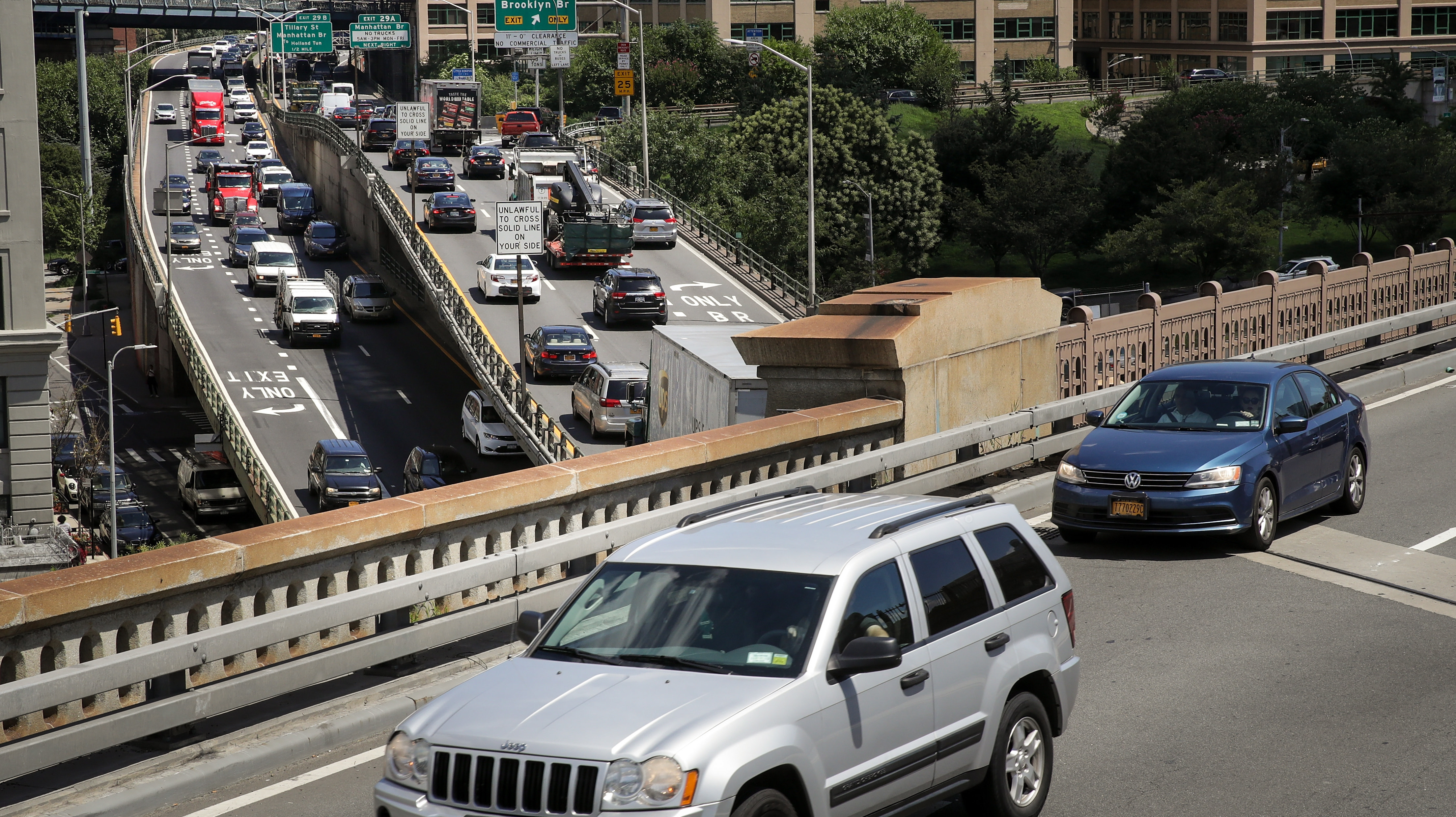Driving With The Windows Down Is Really Bad For You
Well, what did you expect, that something as enjoyable as feeling the wind in your hair as you drive would be good for you? Come on. A new study from the University of Surrey found that driving with the windows down can increase a car's occupants' exposure to pollution by 80 percent, more during peak travel times.
From the University of Surrey:
In a study published by the Science of the Total Environment journal, a global team of researchers led by Surrey's Global Centre for Clean Air Research (GCARE) investigated air pollution exposure levels for commuters in 10 different global cities – Dhaka (Bangladesh), Chennai (India), Guangzhou (China), Medellín (Colombia), São Paulo (Brazil), Cairo (Egypt), Sulaymaniyah (Iraq), Addis Ababa (Ethiopia), Blantyre (Malawi), and Dar-es-Salaam (Tanzania).
The research team investigated PM2.5 and PM10 exposure levels inside vehicles during peak hours in the morning and evening, as well as off-peak hours in the middle of the day. The scientists measured how exposure levels changed when drivers used recirculation systems, fans and simply opened the windows.
The study discovered that drivers in some of the world's poorest cities experienced higher levels of in-car pollution.
No matter what city or car was being studied, open windows showed the highest exposure to pollution. Driving with the windows down during peak commuting hours showed a 90 percent rise in pollution exposure. The safest was driving during non-peak hours with the windows up and air recirculation turned on to allow cabin filters to do their work. So if everyone could drive like that all the time, that would be great. But these are some of the poorest cities on the planet filled with older, cheaper cars operating in some of the hottest places in the world, many without air conditioning. Exposure to road pollution is just another way poverty kills people.
Clearly, this study went to some of the most extreme traffic situations to conduct this study, but the findings aren't unique to poorer cities. Pollution is pollution, and the physics of it are the same everywhere. As the article points out, the World Health Organization says 7 million people around the world die from pollution-related illnesses and that nine out of ten of us breathe air with high levels of pollutants.
Scientists who conducted the study found that the best way to combat pollution would be, of course, to reduce the number of cars on the road or switch to cleaner options. They also suggest commuters should attempt to travel during off-peak hours, which may be impossible for the bulk of folks stuck in a 9-5 office life. Sticking with working from home and avoiding the daily commute altogether just looks like a better and better option all the time.
h/t Roadshow
